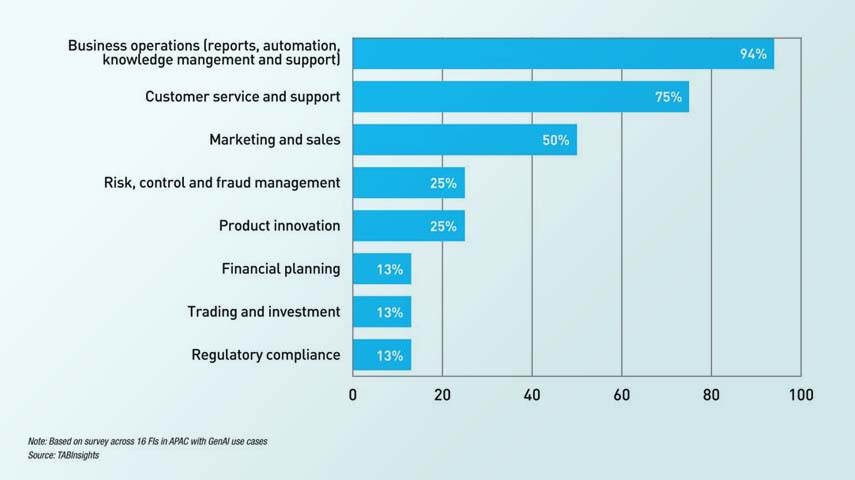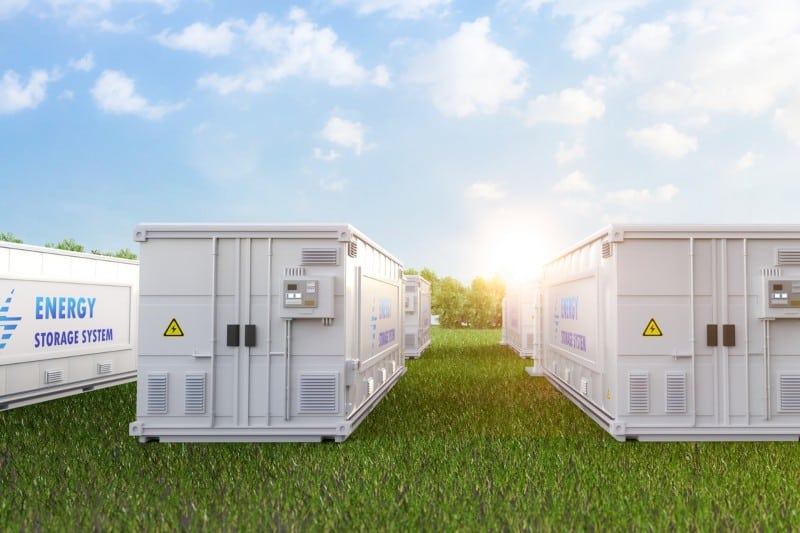Inauguration of Jiji Hydroelectric Power Plant: Advancing Burundi’s Energy Self-Sufficiency and Sustainable Development
Overview
On 25 June 2025, the President of the Republic of Burundi officially inaugurated the Jiji hydroelectric power plant located in Bururi province. This milestone event was attended by national authorities and representatives from key development partners who co-financed the project. The inauguration marks a significant advancement towards Burundi’s energy self-sufficiency and signals a commitment to fostering an investment-friendly climate for inclusive and sustainable economic development.
Project Details and Impact
- Capacity and Production: Together with the upcoming Mulembwe plant, the two facilities will have a combined installed capacity of 49.5 megawatts and an estimated annual production of 235 gigawatt hours of clean energy.
- Beneficiaries: The new energy capacity will supply electricity to approximately:
- 15,000 households
- 7,000 businesses
- 1,700 industrial facilities
- Sectoral Benefits: Enhanced electricity access will boost productivity in critical sectors such as health, education, agribusiness, and information and communication technology (ICT).
Financial and Institutional Collaboration
The total investment of $320 million was realized through strong cooperation between the Government of Burundi and international development partners, including:
- African Development Bank (AfDB)
- European Investment Bank (EIB)
- World Bank (WB)
- European Union (EU)
Alignment with Sustainable Development Goals (SDGs)
The Jiji hydroelectric power plant project directly supports multiple SDGs, including:
- SDG 7: Affordable and Clean Energy – by increasing access to reliable, sustainable, and modern energy for households and businesses.
- SDG 8: Decent Work and Economic Growth – through job creation during construction and enhanced productivity in various economic sectors.
- SDG 9: Industry, Innovation, and Infrastructure – by developing resilient infrastructure and promoting sustainable industrialization.
- SDG 13: Climate Action – by reducing dependence on imported fossil fuels and promoting renewable energy sources.
- SDG 17: Partnerships for the Goals – demonstrated by the collaboration between Burundi and international development institutions.
Statements from Key Partners
- Pascal Yembiline, AfDB Country Manager in Burundi: Emphasized the project’s alignment with AfDB’s strategic priorities and its role in increasing access to affordable and reliable energy for a sustainably prosperous Burundi.
- Edward Claessen, Head of EIB Regional Hub for East Africa: Highlighted the significance of renewable energy in reducing fossil fuel dependence and supporting the EU’s strategy for clean, sustainable infrastructure in Africa.
- Hawa Cisse Wagué, World Bank Representative in Burundi: Noted the project’s critical role in driving economic and social development, industrialization, job creation, and economic growth.
- Elisabetta Pietrobon, EU Ambassador and Head of Delegation to Burundi: Stressed energy as a central priority in development cooperation and affirmed the EU’s comprehensive support throughout the project phases.
Socioeconomic Benefits and Future Outlook
- Job Creation and Capacity Building: The construction phase generated several hundred jobs, stimulating the local economy and enhancing technical skills within surrounding communities.
- Economic Growth: Reliable, accessible, and affordable energy will enable small and medium enterprises to expand, generate employment, and contribute sustainably to Burundi’s economic development.
- Investment Climate: The commissioning of the Jiji plant fosters a trustworthy environment for both domestic and foreign investors, supporting Burundi’s strategic vision to become an emerging country by 2040 and a developed country by 2060.
Contact Information
- European Investment Bank (EIB)
- African Development Bank (AfDB)
- World Bank
- Angel Dany Gakunzi, External Affairs Officer, Delegation of the European Union
1. Sustainable Development Goals (SDGs) Addressed in the Article
- SDG 7: Affordable and Clean Energy
- The article discusses the inauguration of the Jiji hydroelectric power plant, which increases access to clean and affordable energy in Burundi.
- SDG 8: Decent Work and Economic Growth
- The project creates jobs during construction and supports economic growth by boosting productivity in sectors such as health, education, agribusiness, and ICT.
- SDG 9: Industry, Innovation, and Infrastructure
- The construction of large-scale infrastructure (hydroelectric plants) promotes sustainable industrialization and infrastructure development.
- SDG 13: Climate Action
- The project contributes to decarbonization by providing renewable energy and reducing dependence on fossil fuels.
- SDG 17: Partnerships for the Goals
- The project is a result of cooperation between the Burundi government and multiple development partners, highlighting the importance of partnerships.
2. Specific Targets Under the Identified SDGs
- SDG 7: Affordable and Clean Energy
- Target 7.1: By 2030, ensure universal access to affordable, reliable and modern energy services.
- Target 7.2: By 2030, increase substantially the share of renewable energy in the global energy mix.
- SDG 8: Decent Work and Economic Growth
- Target 8.2: Achieve higher levels of economic productivity through diversification, technological upgrading and innovation.
- Target 8.5: By 2030, achieve full and productive employment and decent work for all women and men.
- SDG 9: Industry, Innovation, and Infrastructure
- Target 9.1: Develop quality, reliable, sustainable and resilient infrastructure to support economic development and human well-being.
- Target 9.4: By 2030, upgrade infrastructure and retrofit industries to make them sustainable.
- SDG 13: Climate Action
- Target 13.2: Integrate climate change measures into national policies, strategies and planning.
- SDG 17: Partnerships for the Goals
- Target 17.17: Encourage and promote effective public, public-private and civil society partnerships.
3. Indicators Mentioned or Implied in the Article
- SDG 7 Indicators
- Indicator 7.1.1: Proportion of population with access to electricity (implied by the mention of electricity provision to 15,000 households, 7,000 businesses, and 1,700 industrial facilities).
- Indicator 7.2.1: Renewable energy share in the total final energy consumption (implied by the production of 235 gigawatt hours of clean energy).
- SDG 8 Indicators
- Indicator 8.2.1: Annual growth rate of real GDP per employed person (implied by the boost in productivity in various sectors).
- Indicator 8.5.2: Unemployment rate, by sex, age and persons with disabilities (implied by job creation during construction and operation phases).
- SDG 9 Indicators
- Indicator 9.1.1: Proportion of the rural population who live within 2 km of an all-season road (implied by infrastructure development and improved access).
- Indicator 9.4.1: CO2 emission per unit of value added (implied by the renewable energy reducing fossil fuel dependence).
- SDG 13 Indicators
- Indicator 13.2.2: Total greenhouse gas emissions per year (implied by the decarbonization efforts).
- SDG 17 Indicators
- Indicator 17.17.1: Amount of United States dollars committed to public-private partnerships (implied by the cooperation among Burundi government and development partners).
4. Table: SDGs, Targets and Indicators
| SDGs | Targets | Indicators |
|---|---|---|
| SDG 7: Affordable and Clean Energy |
|
|
| SDG 8: Decent Work and Economic Growth |
|
|
| SDG 9: Industry, Innovation, and Infrastructure |
|
|
| SDG 13: Climate Action |
|
|
| SDG 17: Partnerships for the Goals |
|
|
Source: agenparl.eu







